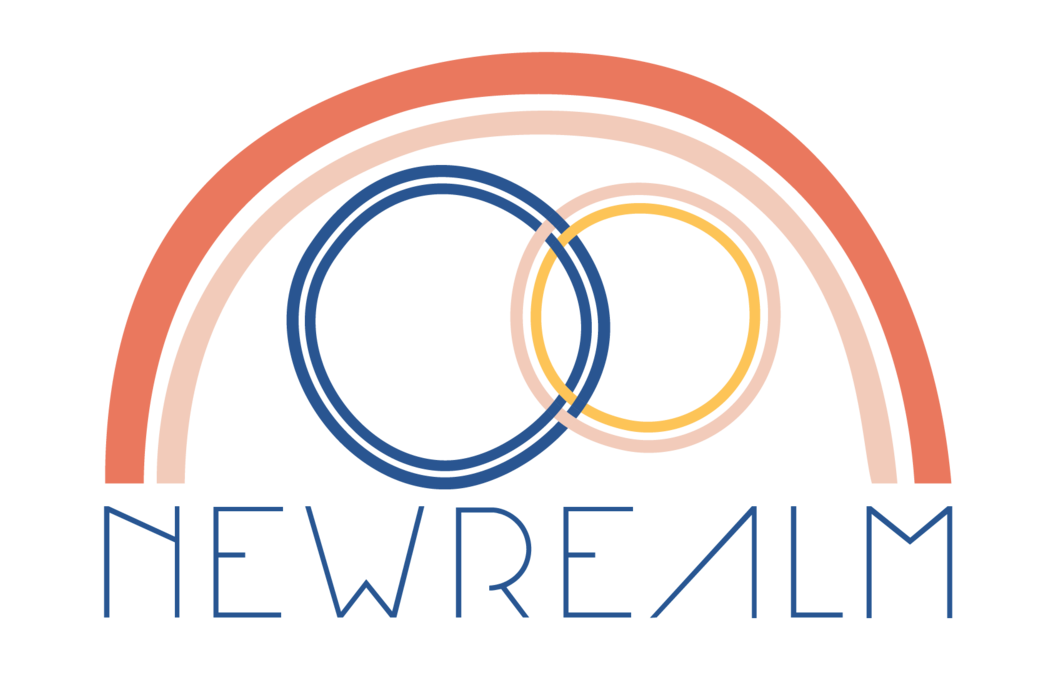Coaching With the Essentials of Emotional Intelligence
When my client, a European physician, got diagnosed with COVID-19, we were almost eight weeks into a 12-week engagement. Within hours of my client’s diagnosis, she was relegated to a 120-square foot room in her own apartment. For the next two weeks, her husband would drop meals at the door, taking care of her basic needs until she was allowed to re-occupy their apartment. Our coaching went from the backdrop of her office to the backdrop of a small room she had used mostly for storage, nothing but a twin bed, and some brown shelves with books she had read for medical school.
This is a client who, until then, had led a mostly out-of-the-house life. Before COVID, her career was marked by public appearances, stacked commitments, and high expectations. Now she was like a locomotive stopped dead in its tracks. Like many of us, she felt trapped, frustrated, and fearful.
On our first Zoom call from quarantine, my client showed up looking surprisingly well. Not only was her COVID mild, but she immediately began crediting her well-being to the impact of our work with emotional intelligence. She told me how she was practicing self-awareness to understand her feelings and identify her triggers.
She talked at length about the value of the techniques she'd learned and about how she was using a simple breathing practice we had gone over to keep herself from panicking. She shared that she had begun reading books she had always wanted to, connecting with her family over the phone in ways she hadn’t had the time for in her busy life, and listening to daily talks by her pastor. She was using empathy -- a critical EI competency -- to cultivate compassion for her husband, whose schedule she was now dependent on for her meals. She also talked about using empathy to tune in to the experience of those around her and how that helped her to feel less scared and alone.
As coaches, we are well-positioned to help our clients learn, through direct practice, how to leverage emotional intelligence to bolster their resilience. In my coaching, I use a curriculum based on Daniel Goleman’s work which offers daily doses of EI education—small tidbits of information that can be digested within 10 to 15 minutes. This curriculum has proven invaluable. There is only so much you can do in a short engagement—using this curriculum has provided a robust bank of practices with which to create real and lasting behavior change.
